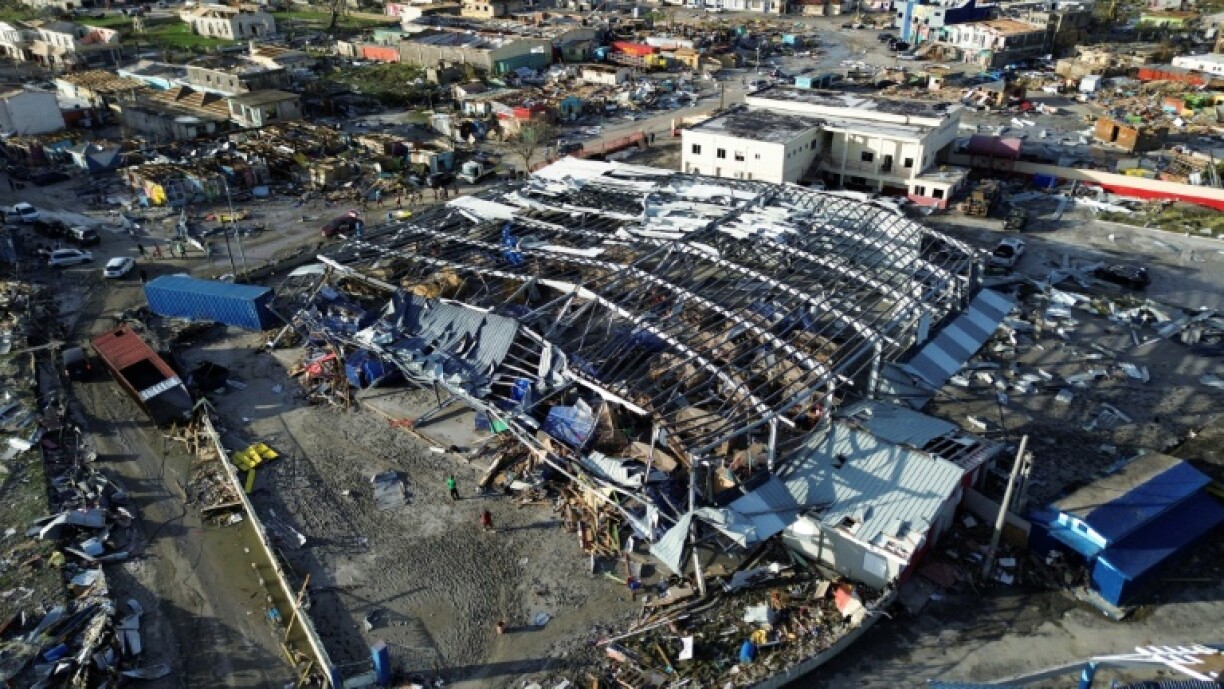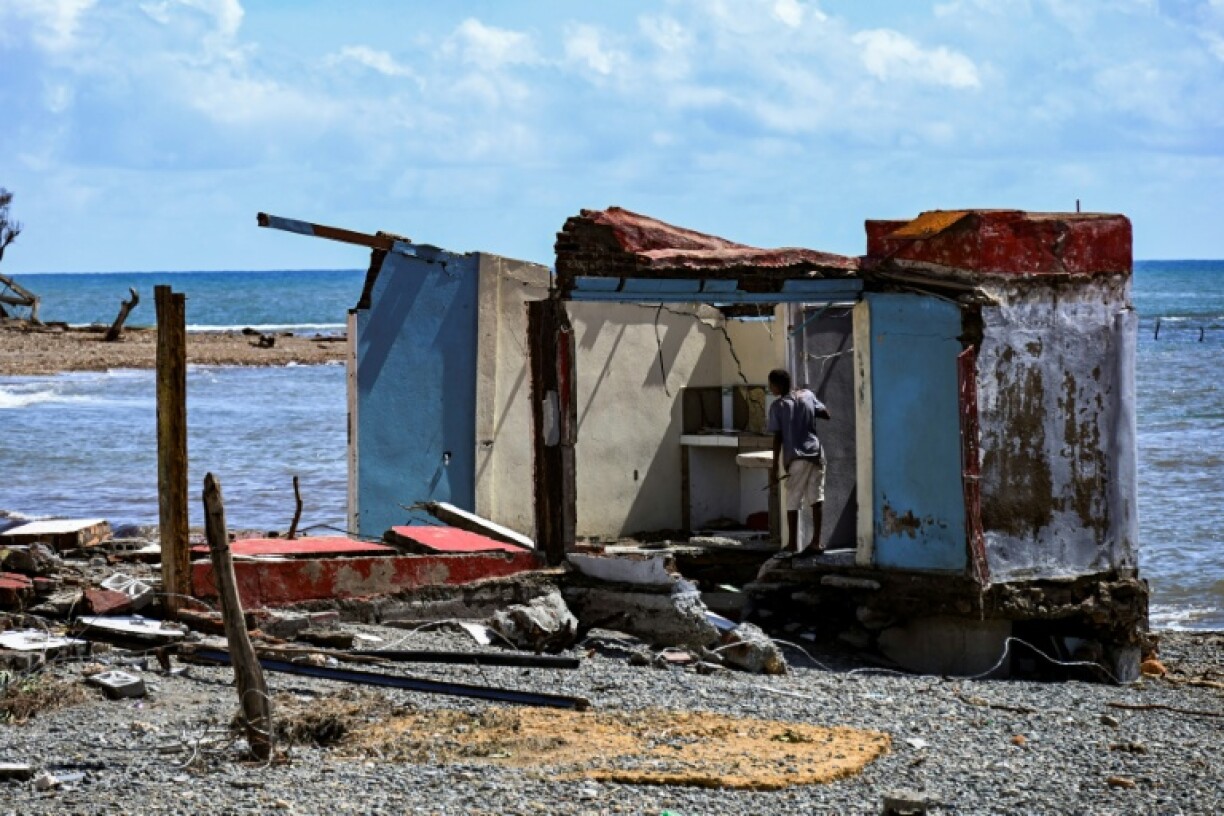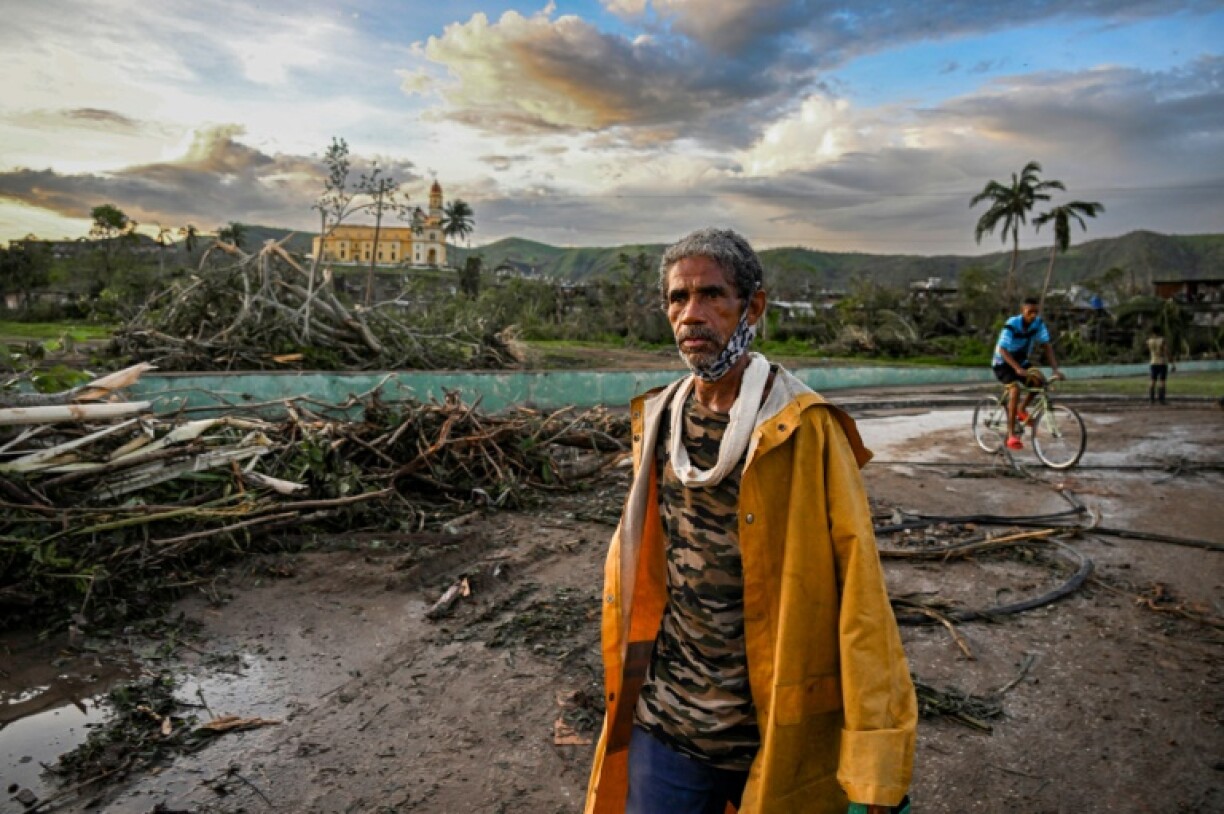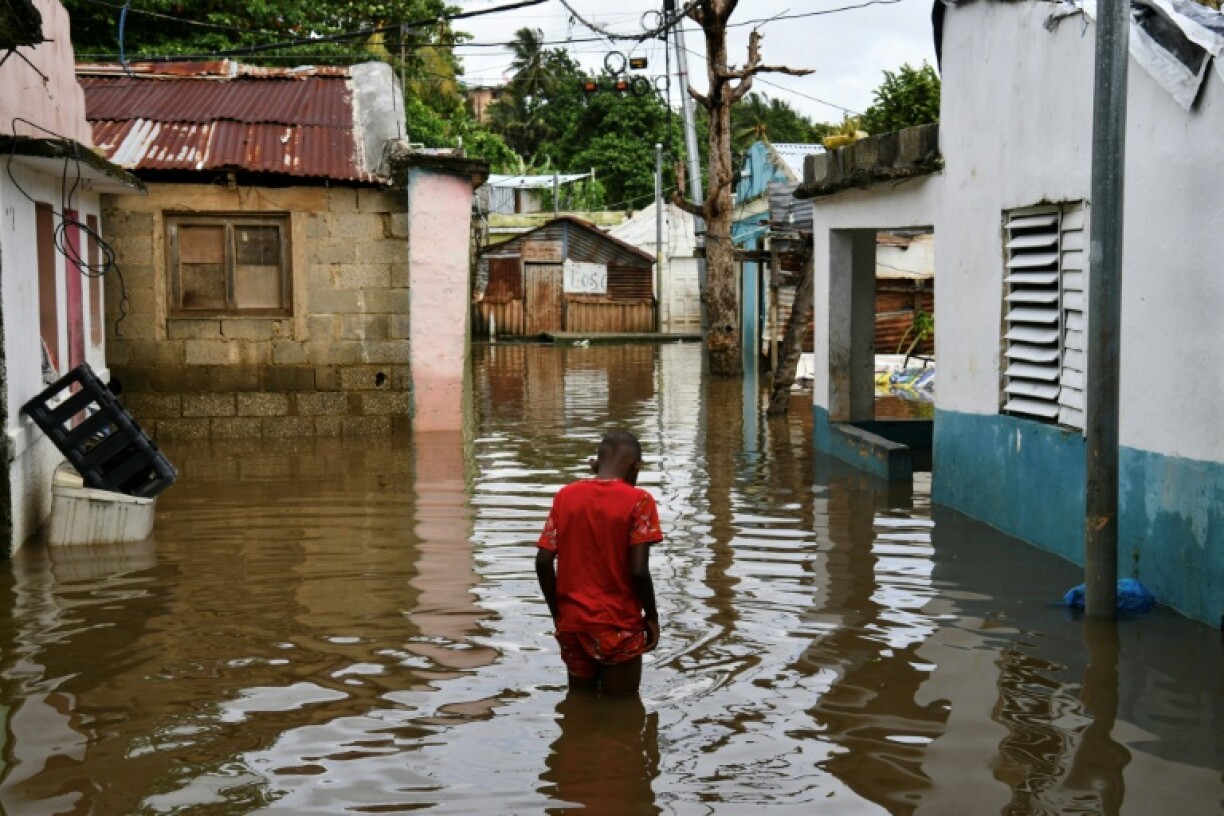
Hurricane Melissa was finally leaving the Caribbean Friday after battering communities there for days, leaving a trail of devastation that killed around 50 people.
The ferocious storm was expected to became a “powerful post-tropical cyclone” as it moved north, and a brief period of heavy rain and wind gusts was possible in eastern Canada, the US National Hurricane Center said in its latest and final advisory.
“After Melissa becomes post-tropical, a brief period of heavy rain and gusty winds is possible over the southern Avalon Peninsula of Newfoundland tonight,” the NHC added.
Flooding was expected to subside in the Bahamas although high water could persist in Cuba, Jamaica, Haiti and neighboring Dominican Republic, the agency said.
The storm, one of the most powerful ever recorded, was made four times more likely because of human-caused climate change, according to a study by Imperial College London.
Melissa smashed into both Jamaica and Cuba with enormous force, and residents were assessing their losses and the long road to recovery.
Jamaica’s Information Minister Dana Morris Dixon told a briefing that authorities had “quite credible” reports of a potential five additional deaths but had not yet been able to confirm.
“We’re still at 19 confirmed, but we do expect that will change today,” she said.
Kingston’s international airport, which re-opened Thursday, has already received 13 cargo relief flights, Transportation Minister Daryl Vaz said, and expected at least 20 more to arrive Friday.

“I would say to all of those persons who are still out here waiting and looking up in the sky that you will start to see” and “hear a lot of activity,” Vaz said.
“You probably are feeling that you are forgotten. You are not forgotten.”
In impoverished Haiti, the country’s civil defense agency said Thursday that the death toll had risen to 30, with 20 people injured and another 20 missing.
It said more than 1,000 homes have been flooded, with some 16,000 people in shelters.
In the east of the communist island of Cuba, battling its worst economic crisis in decades, people struggled through inundated streets lined with flooded and collapsed homes.
The storm smashed windows, downed power cables and mobile communications, and tore off roofs and tree branches.
Cuban authorities said about 735,000 people had been evacuated -- mainly in the provinces of Santiago de Cuba, Holguin and Guantanamo.
- ‘Everything is gone’ -

The United States meanwhile has mobilized disaster assistance response teams and urban search and rescue personnel, and the teams were currently on the ground in the Dominican Republic, Jamaica and the Bahamas, according to a State Department official.
Teams were en route to Haiti too.
Secretary of State Marco Rubio also included ideological foe Havana, saying the United States is “prepared to offer immediate humanitarian aid to the people of Cuba affected by the Hurricane.”
The UK government announced £2.5 million (about $3.3 million) in emergency funding for the region, and also said it was chartering “limited” flights to help British nationals leave.
Hurricane Melissa tied the 1935 record for the most intense storm ever to make landfall when it slammed Jamaica on Tuesday, according to the US National Oceanic and Atmospheric Administration.

In Seaford Town, farmer and businessman Christopher Hacker saw his restaurant and nearby banana plantations flattened.
“Everything is gone,” he told AFP.
Such mega-storms “are a brutal reminder of the urgent need to step up climate action on all fronts,” said UN Climate Change Executive Secretary Simon Stiell.